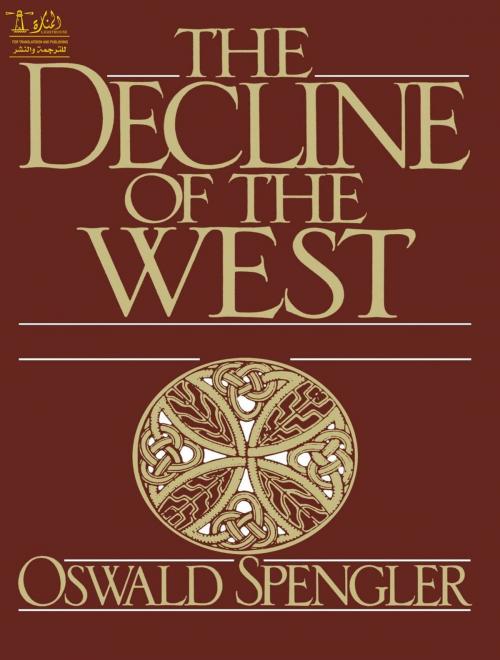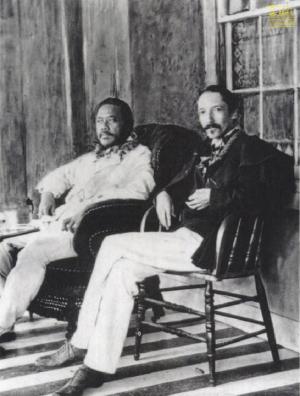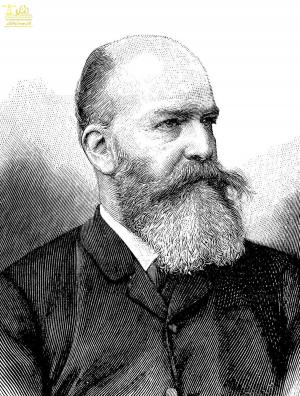| Author: | Oswald Spengler, Pauline Nealy | ISBN: | 9783593301839 |
| Publisher: | Lighthouse Books for Translation Publishing | Publication: | March 8, 2019 |
| Imprint: | Lighthouse Books for Translation and Publishing | Language: | English |
| Author: | Oswald Spengler, Pauline Nealy |
| ISBN: | 9783593301839 |
| Publisher: | Lighthouse Books for Translation Publishing |
| Publication: | March 8, 2019 |
| Imprint: | Lighthouse Books for Translation and Publishing |
| Language: | English |
Oswald Spengler, (born May 29, 1880, Blankenburg, Germany—died May 8, 1936, Munich), German philosopher whose reputation rests entirely on his influential study Der Untergang des Abendlandes, 2 vol. (1918–22; The Decline of the West), a major contribution to social theory.
After taking his doctorate at the University of Halle (1904), Spengler worked as a schoolmaster until 1911, when he went to live in Munich on a small inheritance and began work on Der Untergang. The first volume, published in 1918, won him immediate acclaim from the general public. The second volume followed in 1922, and a revised edition of the first a year later. From 1919 onward, Spengler tried to turn his reputation to account as a political commentator, but he met with little success.
Der Untergang is a study in the philosophy of history. Spengler contended that because most civilizations must pass through a life cycle, not only can the historian reconstruct the past but he can predict “the spiritual forms, duration, rhythm, meaning and product of the still unaccomplished stages of our Western history.” Unlike Arnold Toynbee, who later held that cultures are usually “apparented” to older cultures, Spengler contended that the spirit of a culture can never be transferred to another culture. He believed that the West had already passed through the creative stage of “culture” into that of reflection and material comfort (“civilization” proper, in his terminology) and that the future could only be a period of irreversible decline. Nor was there any prospect of reversing the process, for civilizations blossomed and decayed like natural organisms, and true rejuvenation was as impossible in the one case as the other.
Oswald Spengler, (born May 29, 1880, Blankenburg, Germany—died May 8, 1936, Munich), German philosopher whose reputation rests entirely on his influential study Der Untergang des Abendlandes, 2 vol. (1918–22; The Decline of the West), a major contribution to social theory.
After taking his doctorate at the University of Halle (1904), Spengler worked as a schoolmaster until 1911, when he went to live in Munich on a small inheritance and began work on Der Untergang. The first volume, published in 1918, won him immediate acclaim from the general public. The second volume followed in 1922, and a revised edition of the first a year later. From 1919 onward, Spengler tried to turn his reputation to account as a political commentator, but he met with little success.
Der Untergang is a study in the philosophy of history. Spengler contended that because most civilizations must pass through a life cycle, not only can the historian reconstruct the past but he can predict “the spiritual forms, duration, rhythm, meaning and product of the still unaccomplished stages of our Western history.” Unlike Arnold Toynbee, who later held that cultures are usually “apparented” to older cultures, Spengler contended that the spirit of a culture can never be transferred to another culture. He believed that the West had already passed through the creative stage of “culture” into that of reflection and material comfort (“civilization” proper, in his terminology) and that the future could only be a period of irreversible decline. Nor was there any prospect of reversing the process, for civilizations blossomed and decayed like natural organisms, and true rejuvenation was as impossible in the one case as the other.















